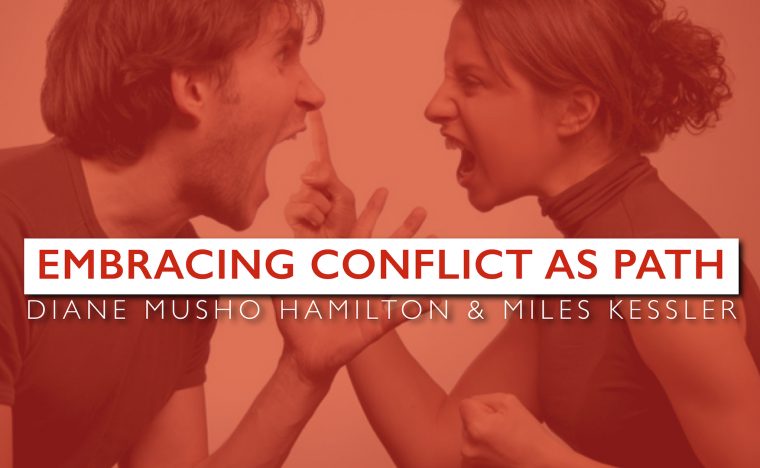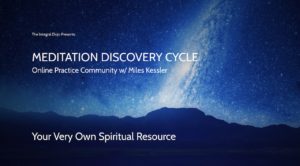Nothing is more separating than conflict. Nothing is more unitive than spirituality. The martial art of Aikido attempts to walks this impossibly thin line as a “spiritual martial art.” If this is the case, then what does an expression of Aikido’s spiritual essence look like? If we are all spiritually connected, ultimately One, or not-two, then how can we express this non-duality in conflict? These are the questions I explored with Dan Messisco Sensei (6th dan Aikikai) in our recent Aiki-Discussion on Aikido & Non-Duality.
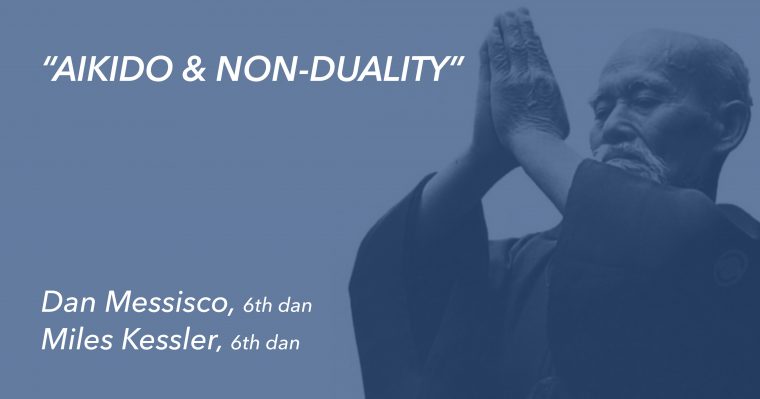
What does it mean to be responsible? Ultimately, completely, and radically responsible? Does one need to have a radically responsible life in order to have a radically meaningful life? These are the questions I explored with Dharma teacher Fleet Maull Roshi, whose new book “Radical Responsibility” is launching May 14th, 2019.
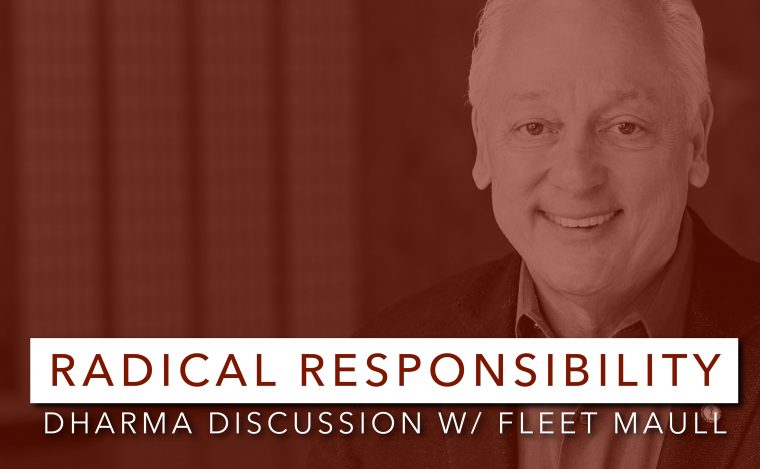

Radical Responsibility by Fleet Maull (Sounds True, 2019)
In his new book, Fleet Maull writes about “Radical Responsibility” and “How To Move Beyond Blame, Fearlessly Live Your Highest Purpose, and Become an Unstoppable Force for Good”. Fleet teaches that taking radical responsibility is the fundamental practice that gives one’s life meaning. This book is especially for those who aspire to be agents of change, through self-responsibility. Because before you can have an impact in the world you must “pull yourself up by the spiritual bootstraps” by taking radical responsibility.
On Feb. 26th, 2019 Diane Musho Hamilton and I had a call with Ken Wilber for a talk about the “Dharma & The Evolution Of Conflict” tele-summit. What ensued was a detailed overview of the nature of conflict as experienced from the perspectives of spiritual states, developmental stages, and our disowned shadow. In “Integral speak” these are none other than the “3 Practice S’s” of states, stages, and shadow. Essential practices in the areas of Dharma, Evolution, & Conflict.
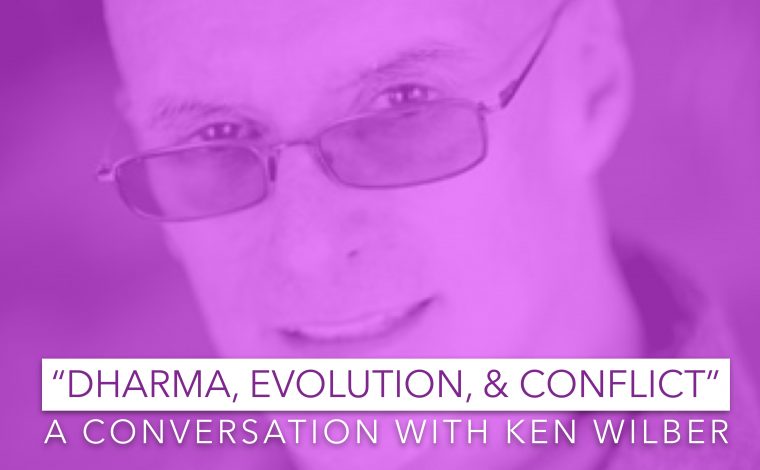
“Dharma & The Evolution Of Conflict” Tele-Summit, Free Online Global Event, March 20 – 24, 2019. Come together with Ken Wilber, Diane Musho Hamilton, Terry Patten, Wendy Palmer, Steve McIntosh, Keith Witt, Ginny Whitelaw, Greg Thomas, Fr. David McCallum (and many more) as we explore the practice and application of “Dharma & The Evolution Of Conflict”!
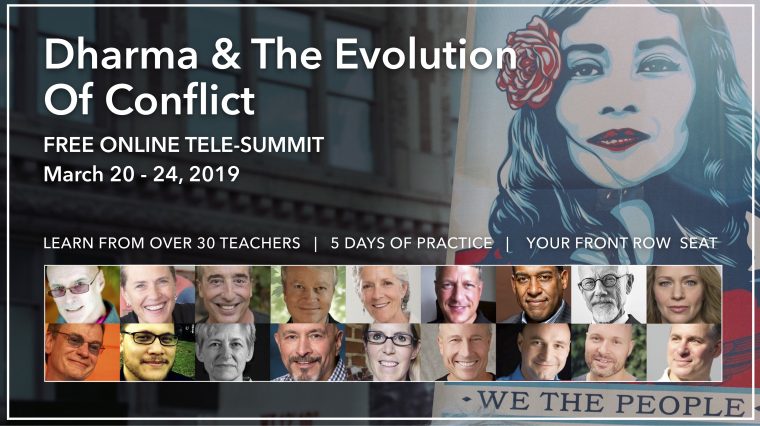
What does it mean to “embody conflict resolution”? In the below “Darma Bite” I continue the series of Dharma Discussions with Integral Facilitator & Zen Sensei Diane Musho Hamilton. In this excerpt from our discussion, we talk about conflict resolution in the field of mediation as compared to Aikido, and how they are in essence the same thing. I’m sure you’ll enjoy this short excerpt on “Embodying Conflict Resolution”.
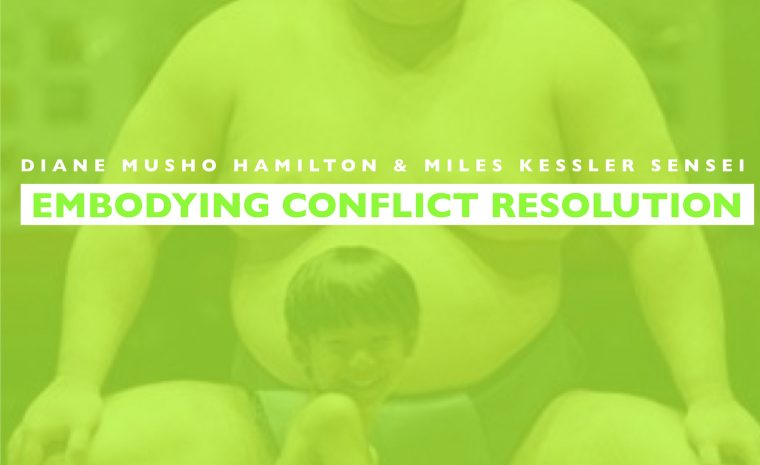
This video is a recorded Dharma Talk by meditation teacher Miles Kessler. In this talk, Miles speaks about the 5 controlling faculties, as well as how the practice of mindfulness helps the mind detach from limited identification with the self.
What is your relationship to conflict? Is it something you prefer to avoid? Or do you like to lean into a good fight? Recently, Diane Musho Hamilton and I held our 3rd Community Call in our “Dharma & The Evolution Of Conflict” 3-part series. In this call, together with the global sangha, Diane & I dove into this very topic as we explored “Embracing Conflict As Path.”
